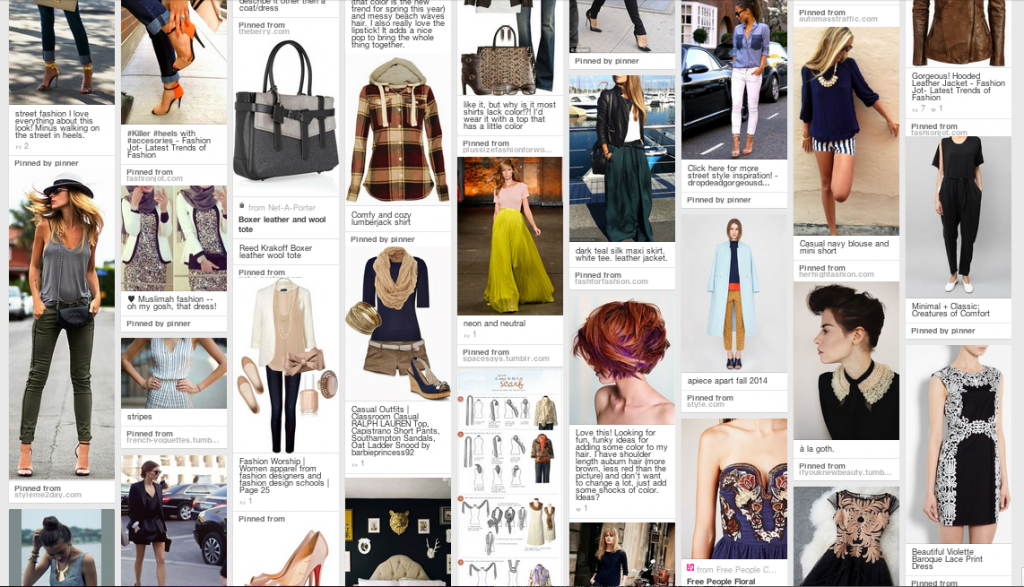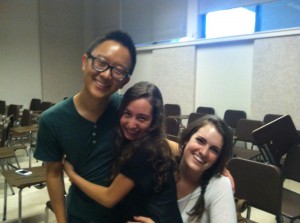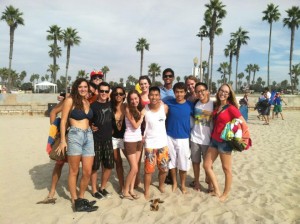This past summer, I interned with a wedding photographer near my home in Philadelphia, PA. Originally, I had pursued the internship as a way to develop my photography skills and experience the behind-the-scenes environment of the photography world. Throughout the summer, I dabbled in various aspects of the business such as attending weddings, identifying influencers in the wedding industry, and researching and analyzing optimal methods of engagement for postings on Instagram. By being exposed to such a wide variety of tasks, I learned what I enjoyed and did not enjoy about running a photography business. Surprisingly, I learned that I did not enjoy photographing weddings. The emotionally-charged and chaotic environment of a wedding increased my anxiety and made it difficult for me to enjoy the process and art of photography. I also felt uncomfortably intrusive at weddings, because although I was a stranger to the couple getting married, I was present at some of the wedding’s most intimate moments such as the bride getting ready, and posing for family photos.
While I did not improve my photography skills greatly through my internship, I discovered my passion for social media strategy. I loved learning about the intricacies of the Instagram algorithm and discovering the numerous influencers in the wedding industry. At first, I was a little overwhelmed when the owner would present me with such tasks as “ research shadow-banned hashtags” or “participate in daily comment pods”. The world of social media strategy was a mystery to me before this internship and I had no idea what a “shadow-banned hashtag” nor “comment pod” was. Through seeking guidance and several google searches, I discovered that a shadow-banned hashtag is a hashtag that prevents a post from receiving optimal engagement. A comment pod is a method used among influencers whereby the users in the pod all comment on one another’s posts. Through a comment pod, a post will have many comments and therefore appear higher up on a follower’s feed. While learning about social media strategy took a lot of research, I ultimately discovered how much I enjoyed it. I love how social media strategy is about understanding and anticipating human behavior, and solving the puzzle of how to engage people with online content.
Based on what I learned in my internship last summer, I have been able to take advantage of several professional opportunities using my social media strategy skills. I now work at the Scripps Office of Parent Engagement , where I conduct social media projects such as “What Are They Up to Wednesdays”, featuring candid photos that I take of students around campus, and manage the Instagram and Facebook posts via Hootsuite. I am seeking an internship this summer that will enable me to further develop my social media strategy skills. Looking back, while my internship last summer did not at all fulfill my initial expectations of honing my photography skills, it gave me the serendipitous gift of learning about a new professional interest and skill, which is truly what an internship is all about.






